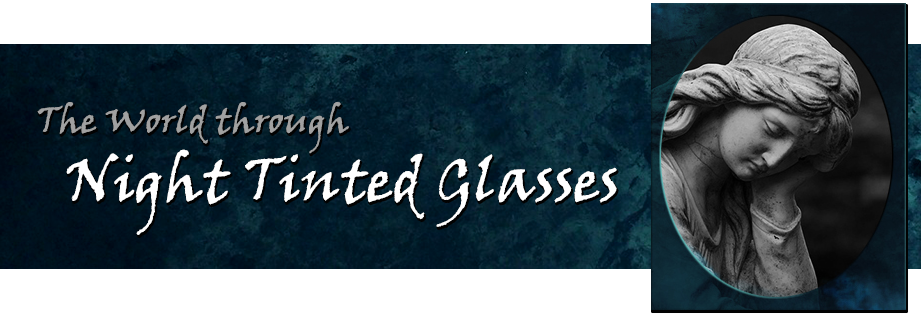Spoilers Ahoy!
Some forms of art take time for the mind and soul to digest. Department of Dreams by Jeton Neziraj (translated by Alexandra Channer) proves one of these. Set in a vaguely European nation under the rule of an unspecified dictator, the play follows the story of one Dan (John Logan) a recent employee at the title government office.
Exactly what is said Department of Dreams? It functions as a depository of dreams, their analysis and sometimes their recycling. Citizens turn in dreams and the interpreters decide if the dream is important or trivial. Important dreams can reveal vital intelligence, such as plots against the government or the identity of traitors. An Official (David E. Frank) takes Dan on a brief tour, along the way introducing Dreambuilder (Aaron Bray) who can dream others' dreams if he tortures himself enough. He does that a lot. Eventually he starts wandering on stage as dream versions of famous people--since his superiors want him to learn the secrets of the rich and powerful. One wonders at a certain point whether his dreams are real any more. It never becomes totally clear.
Nothing in the Department of Dreams is clear. One can become lost, very easily. The rooms may shift. Doors may appear out of seeming nowhere. Everything in the Department is underground, in all seven floors. No one wants to go to the Sixth Floor. No one. There, citizens are cleansed. A few go to the seventh floor. No one ever returns from there.
The Department of course functions as a tool of repression, as well as a bureaucracy of those obsessed with their own position such as The Master (Bo Roberts) who is only answerable to The Boss (who may or may not be the President of this unknown nation). The Master, revered above all others in the Department, proves a weak and venal old man long past his prime. If indeed he ever had one. As with all things dream-like, clarity remains rare. The first person we meet , interestingly, is named Night (Angela Beyer)--seemingly haunting these halls, in a sustained state of fear. Yet as the story begins, she remains an actress whose odd dream about two eggs puzzled Dan enough to request her interview. He falls in love with her, to his surprise. Is the play a flashback then? A premonition? Both and neither? Either/or? Why does the vanished Dream Interpreter Shortleg (Gifford Irvine) keep showing up after he should be dead?
What one (or at least this one) comes away with is the consequences of seeing our imagination as the last thing remaining to be taken over by the State. One the one hand, such seems one of the cruelest of all possible slaveries--to control and weaponize our very dreams, the whirling mass as emotions and weird realities below/under/behind our conscious minds. A place where anything is possible. Chaos in other words. Maybe even Hell. Or turned into a workable version of it. A vision we must take and interpret as we see fit, through the lens of our own consciousness, our own history and perceptions.
Just like dreams.
Just like all art when you think on it. The characters at times even seem to recognize they are in a stage play--until we learn that part, i.e. them perceiving the truth--turns out to be part of a dream. Not that most care about anything existential, not when that very dream could be used as evidence to destroy a rival.
The cast entire does the fine job I frankly have come to expect from City Garage, with Frederique Michel's direction showing wonderful insight, most of all in terms of casting, while an extra nod should go to Gaston Vinas' graphic animations (you'll have to see the show to see what I mean).
Department of Dreams plays Fridays and Saturdays at 8pm, Sundays at 3pm until December 8, 2019 at the City Garage, Bergamot, T1 Space, 2525 Michigan Ave., Santa Monica, CA 90404.









